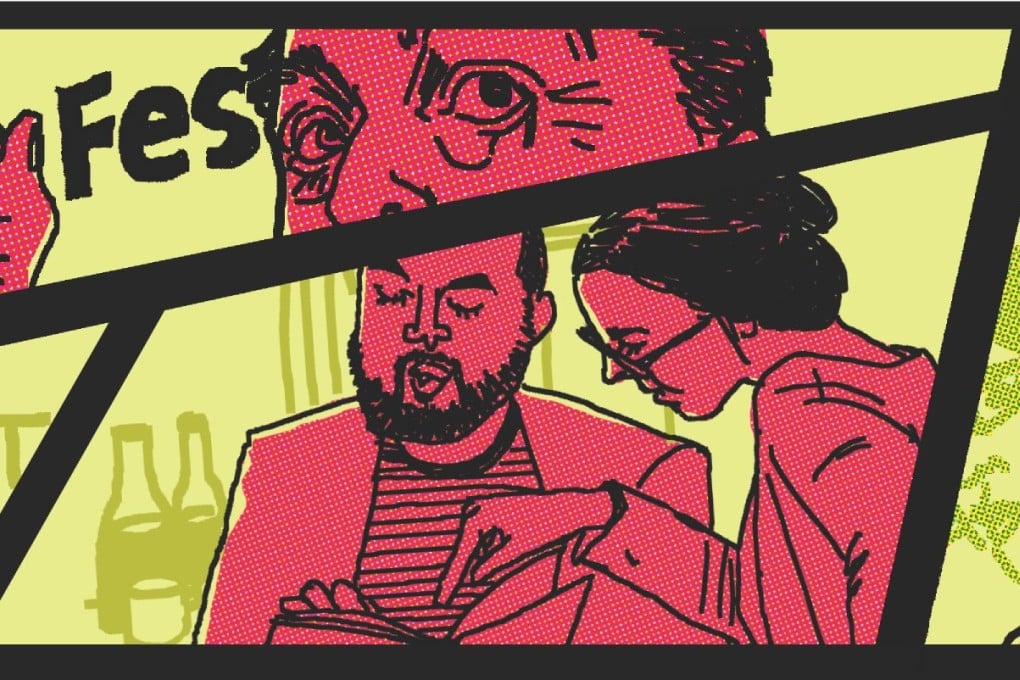The best of 2014's literary festivals in Asia
With literary festivals blooming across Asia - from Bali, India and Myanmar to Beijing, Hong Kong and manymore - Ambika Behal pinpoints some of the best

Ah, literary festivals. The words once conjured images of staid affairs in which authors mingled with privileged readers, exchanging literary concepts in a linguistic cloud - but times have changed, particularly in Asia.
With the region's burgeoning significance on the global scene, the past decade has seen an explosion of "lit fests", all accessible to pretty much anyone who is interested.
It's a cultural window and a defining factor of Asia's importance. This is why it is so important to hold literature festivals across the region
Vasudevan, one of the original voices behind Beijing's Bookworm International Literary Festival, says Asian festivals give more space to emerging writers, which is part of the appeal for attendees: to discover lesser-known voices while visiting often lesser-known destinations.
"When you get to meet a Canadian crime writer while sitting in Shanghai, there's a certain beauty in that," she says, highlighting the global appeal of events that can bring cultures together.
According to author and ZEE Jaipur Literature Festival co-director William Dalrymple, since the Indian city established itself as a winter literary hub after humble beginnings in 2004, more than 60 festivals have sprung up across South Asia alone.
"It's all very much for the good. At a really good literature festival, it's like a free university for a few days. What's not to like?" says Dalrymple. The Jaipur event, which takes place this month, also features some top academics - from scientists to historians - alongside a gamut of global authors.